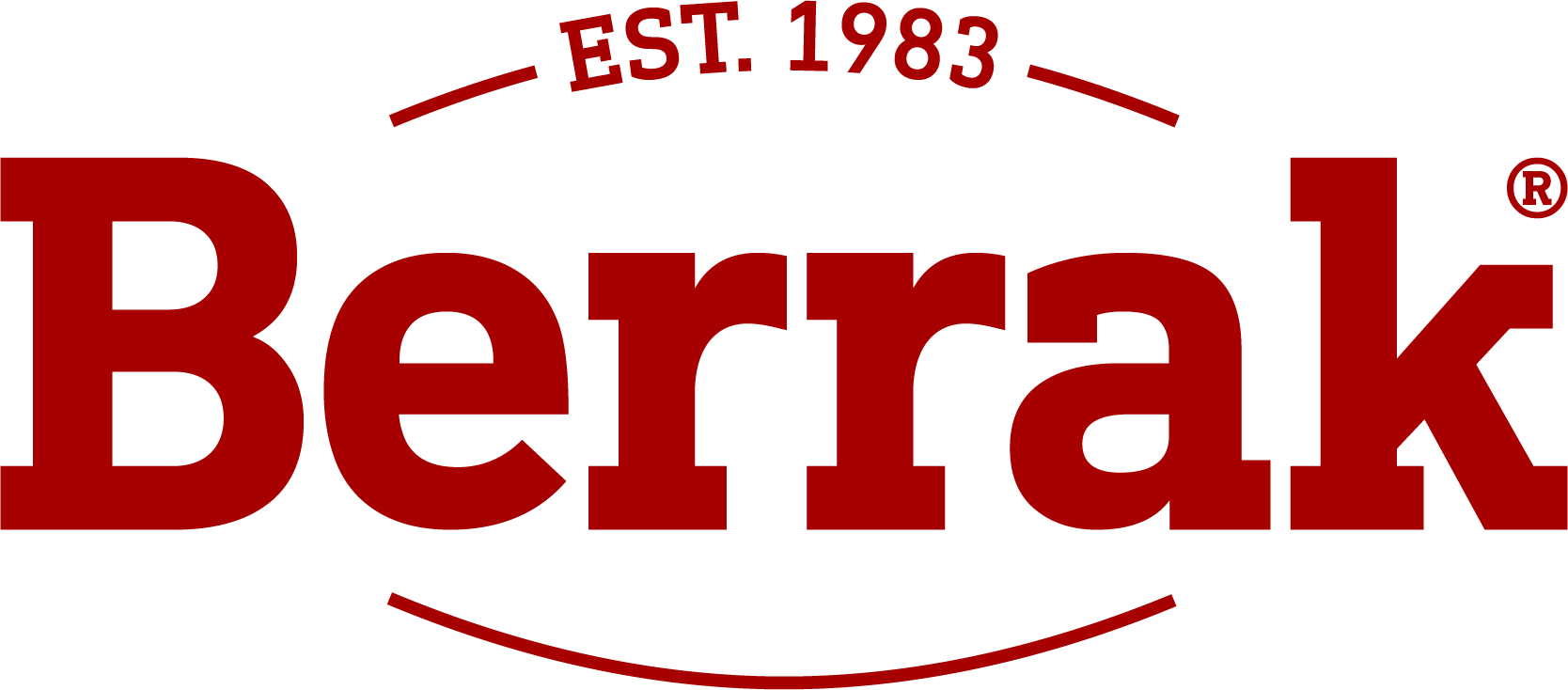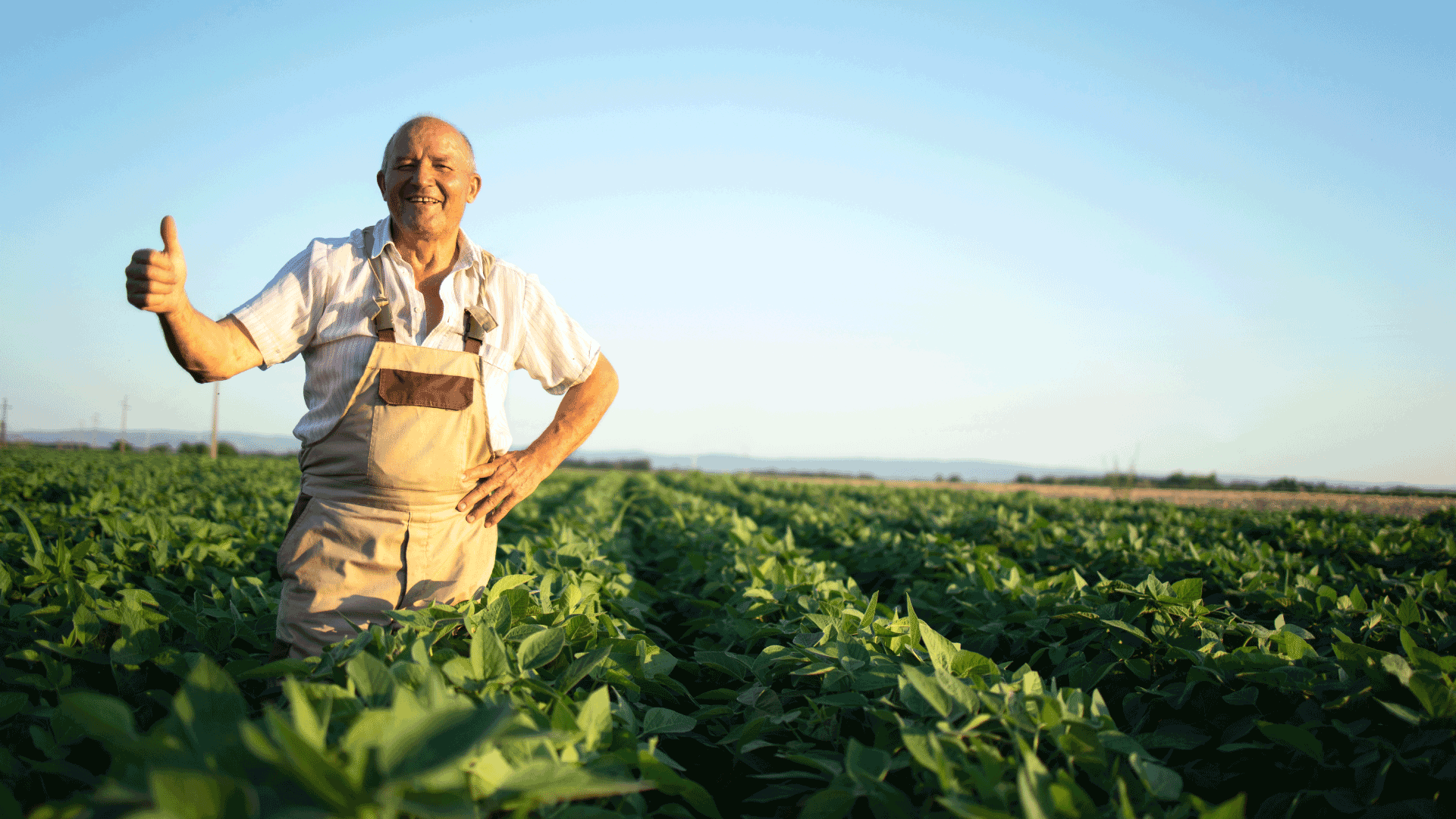In today’s globalizing food industry, consumer demands and expectations are changing rapidly. Nowadays, consumers care not only about the quality of the products they buy but also that they are environmentally friendly and sustainably produced. Responding to these changing expectations, Berrak aims to create a sustainable ecosystem by emphasizing its close cooperation with local farming. So, what does this collaboration between local farming and Berrak mean, and what advantages does this collaboration provide to consumers, farmers, and nature? In this article, we will take an in-depth look at the details of Berrak’s special bond with local farming and how this bond contributes to a sustainable ecosystem.
The Importance of Local Farming and Berrak’s Contributions
Local farming is of great importance not only for the freshness and quality of products but also for environmental sustainability and economic transformation. Locally produced products reduce carbon footprints by eliminating long-distance transportation requirements. This means less energy consumption and less air pollution. Additionally, local farming strengthens the economic independence of communities and encourages greater investment in their areas. That is, it creates sources of income for local economies and increases employment in rural areas.
From this perspective, Berrak’s relationship with local farming is not just a commercial decision but also an ethical and social responsibility. Berrak fulfills this responsibility through deep connections and cooperative programs with local farmers. By providing training to local farmers on modern agricultural methods and sustainable production practices, it both improves the quality of production and minimizes the negative effects on the ecosystem.
Berrak’s efforts not only ensure that higher-quality products come to consumers’ tables but also ensure that local farmers operate sustainably and profitably. Thus, Berrak continues to grow not only as a brand but also as a member of society through local farming.
The Role of Sustainable Agriculture in the Ecosystem
Sustainable agriculture aims to create a solid foundation for future generations of communities by preserving the balance of nature. This approach aims to use natural resources effectively, protect soil health, and maintain biodiversity. Nowadays, the importance of sustainable agriculture has increased, both economically and ecologically.
Sustainable agriculture aims to maintain the natural fertility and vitality of the soil. By minimizing chemical interventions, it ensures that the soil is enriched with microorganisms and that its natural cycle is preserved. This allows healthier products to be grown in the long run.
In terms of its role in the ecosystem, sustainable agriculture keeps the quality and quantity of water in balance by protecting water resources. It encourages practices that support ecosystem services, such as preventing erosion, preventing landslides, and ensuring the protection of natural habitats. It maintains biodiversity by creating habitats for insects, birds, and other wildlife. This point is critical for natural pest control and maintaining the general balance of the ecosystem.
Ultimately, sustainable agriculture helps us create a correct and balanced ecosystem throughout the food chain by preserving the resources that nature provides. This approach allows us to fulfill our responsibility to protect both our environment and future generations.
Quality Products Reaching Consumers: Berrak’s Selectivity
Gaining consumer appreciation and creating a loyal customer base is not possible just by offering affordable products. Quality is the key for brands to stand out from the competition and gain consumer trust. By adopting this principle, Berrak seeks to maintain the quality of its products.
Berrak’s selectivity starts from the very beginning of the production process, that is, from the selection of raw materials. In close cooperation with local farmers, Berrak ensures that the products grown are in the right conditions and at the highest standards. This approach ensures that each product reaches consumers while preserving its natural value.
Quality control processes are available at every stage of Berrak’s production chain. Processes are applied in the processing, packaging, and distribution of products to ensure that quality is maintained and delivered to consumers in the best possible way. This ensures that the consumer knows what to expect when choosing Berrak products: products of the highest quality, reliability, and deliciousness.
Investing in the Future: Local Farming and Berrak Incentive Programs
The sustainability of the future is shaped by the investments we make today. In this sense, local farming is one of the lifebloods of our communities and economies. Promoting local farming increases access to fresh, quality food and allows regions to become economically self-reliant.


